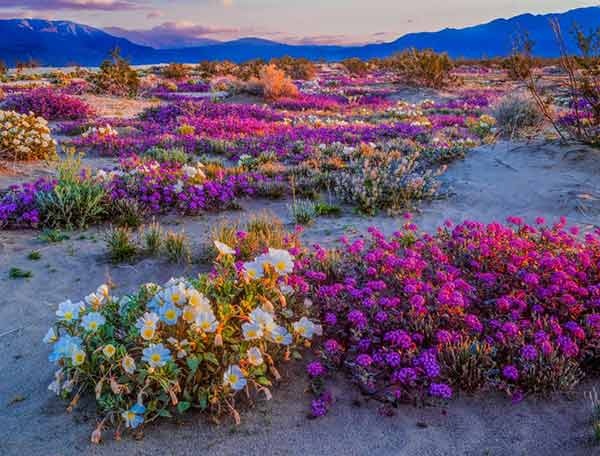GROWTH, THE ECONOMY AND HAPPINESS

We know about growth and the economy, but how does happiness fit into this picture? Is there positive growth and negative growth? What kind of growth do we want? Let’s start with growth and the economy. We’ve always assumed, and been told, that it was good to grow the economy. After World War II cheap energy fueled a super growth spurt. More stuff could be produced at affordable prices. We were told to consume as if there were no tomorrow and that our happiness depended on that activity. We became hooked on more, bigger, faster. The pace, and our appetites for more, hasn’t abated, leading to “planetary overshoot,” the reality that we consume more of the planet’s resources than can be renewed.
Gross Domestic Product: We’ve also come to believe that the way to determine our success as a nation is measured solely by our Gross Domestic Product. GDP is the economic value of goods and services produced by the country no matter how they are generated. The cost of cleaning up air and water pollution counts the same as the price of solar panels or wind turbines. Economic growth and GDP became the sole measures of success, a kind of holy principle to live by.
Limits to growth? We have followed the Growth Bible, until now, when we are smashing into the truth. There ARE limits to growth, a fact known as early as 1975 with the publication of a book by that name, but that report was soundly trashed and rejected because we didn’t want to hear that we couldn’t keep having more. Now we are challenged to fit our lives within Earth Systems rather than ignoring and overriding them.
What kind of growth do we want? Can we still have prosperous, meaningful, happy lives and stay within the means of our home planet? Many people and communities are showing another way of being in the world that demonstrates this can happen. One of the most viable solutions to our current crises—environmental, political, social, psychological, spiritual and economic—can be seen in the movement to rebuild and nourish life in local communities with co-ops, public banks, local businesses and farmers’ markets. Local Futures makes a strong presentation of how this works in “The Economics of Happiness.” Instead of the economic domination by giant, multi-national corporations, we turn our attention and activity to our local communities where the well-being of people and place is the priority. I strongly encourage you to see this 20 min. video, the abridged version of their award-winning documentary. It clearly lays out the problems, and solutions that emerge from “localization,” a solution multiplier.
Are their other ways to measure the success of a country besides GDP?
Have you ever heard of the Gross National Happiness Index? The phrase "gross national happiness" was first coined by the 4th King of Bhutan, King Jigme Singye Wangchuck, in 1972 when he declared, “Gross National Happiness is more important than Gross Domestic Product.” In 2011, the UN unanimously adopted a General Assembly resolution, introduced by Bhutan with support from 68 member states, calling for a “holistic approach to development” aimed at promoting sustainable happiness and wellbeing. It gives equal importance to the non-economic aspects of a nation.
Gross National Happiness (GNH) is distinguishable from Gross Domestic Product by valuing collective happiness as the goal of governance, by emphasizing harmony with nature and traditional values as expressed in the 9 domains of happiness and 4 pillars of GNH. The four pillars of GNH are 1) sustainable and equitable socio-economic development; 2) environmental conservation, 3) preservation and promotion of culture; and 4) good governance. The nine domains of GNH are psychological well-being, health, time use, education, cultural diversity and resilience, good governance, community vitality, ecological diversity and resilience, and living standards.
Wouldn’t it be great if all nations adopted such an attitude and plan?
Earlier on I asked what kind of growth do we want? At the risk of sounding corny and too “spiritual,” I would like to see us grow in compassion, in understanding our common humanity and our common home. Let us grow in love, generosity, respect, and wisdom. Let us grow in our care for all life and develop a quality of life that undoubtedly would make us all happier.
April Newsletter, "What's the Big (Green New) Deal?"
Back to Blog